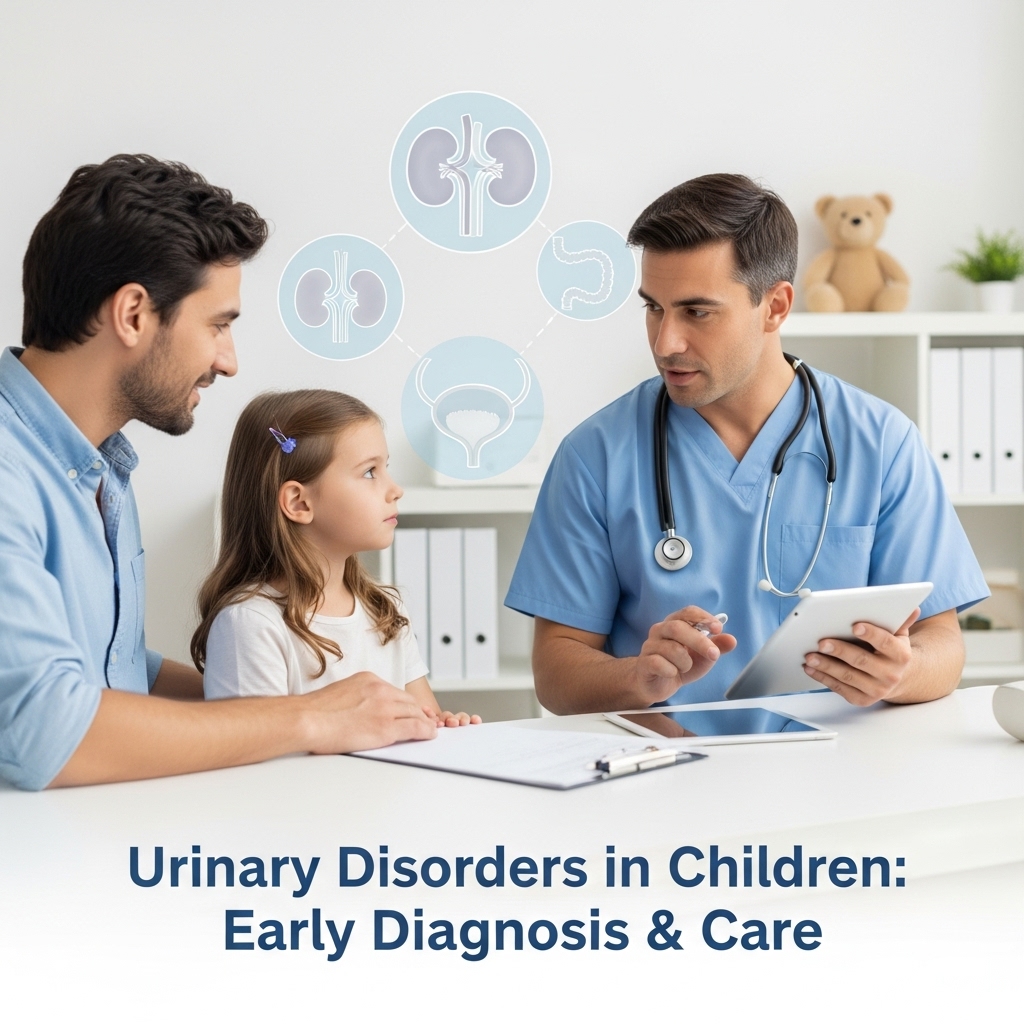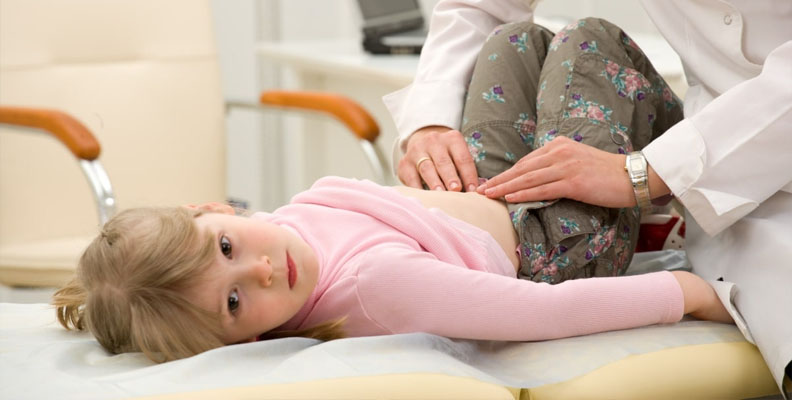Subtotal $0.00
Urinary Disorders in Children: When to Seek Medical Advice?
Urinary disorders in children are common and may include nocturnal enuresis (bedwetting), daytime incontinence, or difficulty emptying the bladder. While many of these issues are normal during development, some cases may indicate underlying medical problems that require professional assessment.
Causes of Urinary Disorders in Children
- Delayed maturation of the nervous system controlling the bladder.
- Recurrent urinary tract infections (UTIs).
- Structural or functional problems in the kidneys or bladder.
- Psychological or genetic factors such as stress or family history.
Symptoms Requiring Medical Attention:
- Persistent bedwetting beyond the age of 6.
- Frequent daytime incontinence.
- Pain or difficulty during urination.
- Blood in the urine or recurrent infections.
Urinary disorders in children may seem challenging and stressful, but in most cases, they can be effectively managed with early diagnosis and the right treatment plan. Providing emotional support, following medical advice, and working closely with healthcare professionals helps prevent complications and improves the quality of life for both the child and family. Awareness and timely care are the key to maintaining healthy urinary function in children.
Diagnosis:
Physicians may use:
- Detailed medical history and family background.
- Urine analysis to detect infection
- Urine tests to detect infections or bladder dysfunction.
- Imaging tests (ultrasound, MRI, or CT) to rule out abnormalities.


Treatment Options:
- Behavioral modifications such as reducing evening fluid intake and scheduled toilet training.
- Bladder training exercises to gradually improve control.
- Medications to decrease overactive bladder or improve storage capacity.
- Surgical interventions: rare, used only in severe or congenital cases.
- Psychological support for children and parents to reduce anxiety and encourage cooperation.
Prevention and Awareness:
Early recognition and proper management of urinary disorders in children help prevent long-term complications like recurrent UTIs or impaired bladder function. Awareness also empowers parents, reduces stress, and supports the child’s overall health and confidence.






Comments are closed